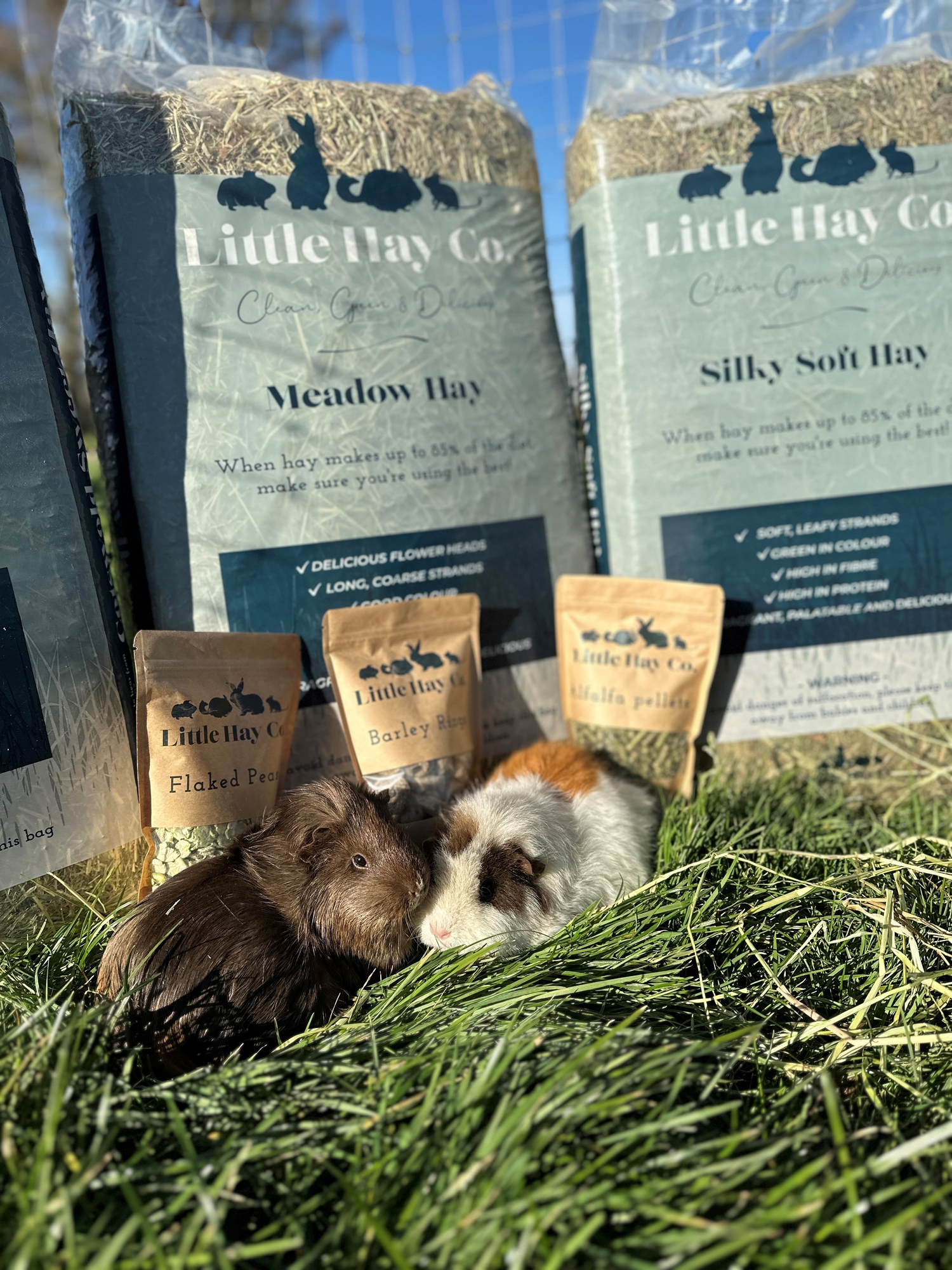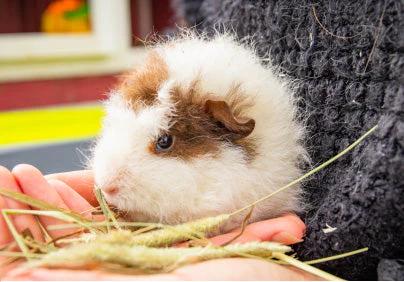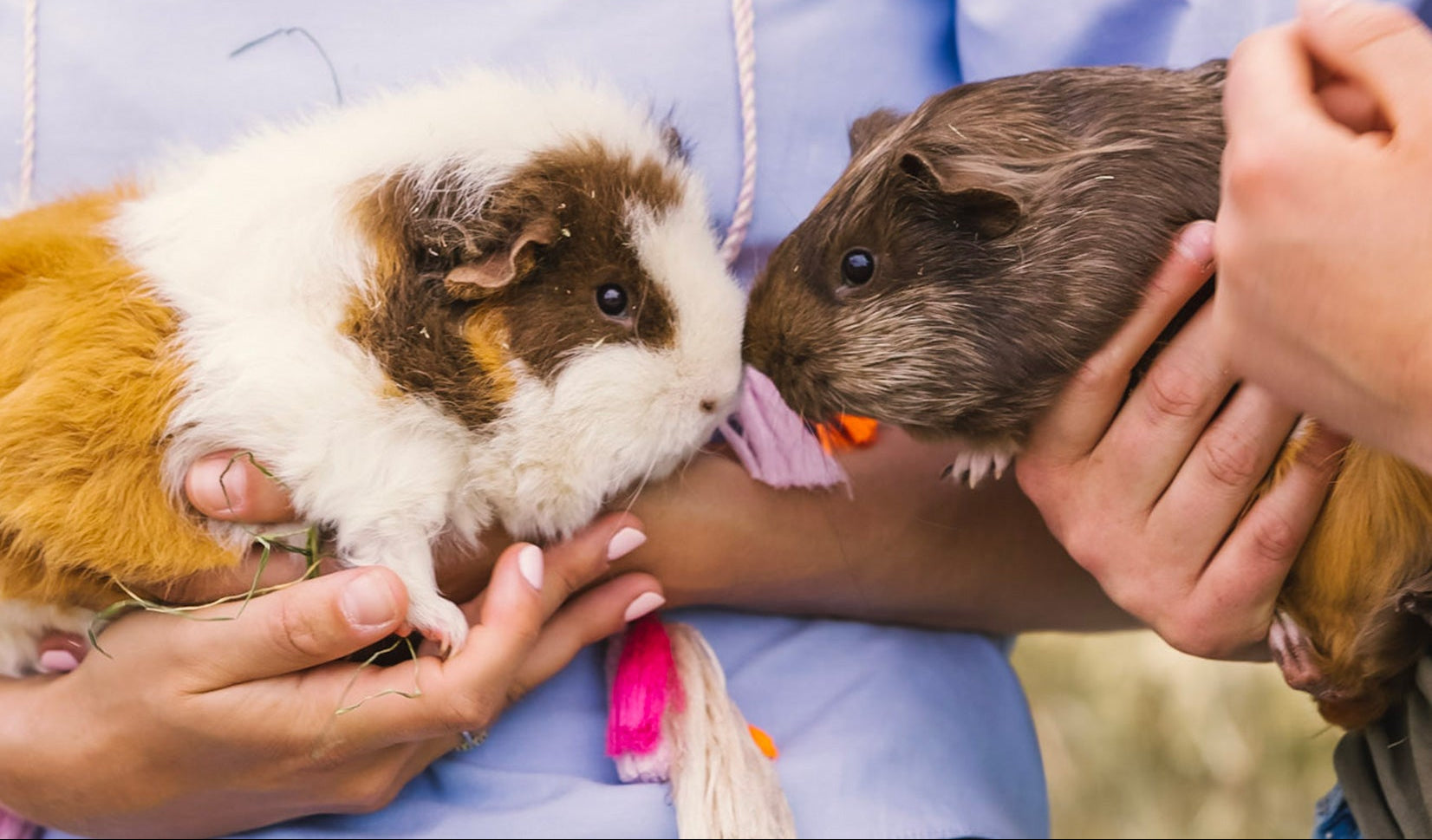Megacolon in Rabbits 
Megacolon is an inherited genetic condition that causes the nerve endings in a rabbit's intestinal tract not to function properly, and it often gets progressively worse as the rabbit gets older. It can lead to a slowing or stoppage of food through the digestive system and needs to be regulated with motility medication which help move the food through a rabbit's system so that blockages or back ups don't occur. Rabbits with megacolon typically have poops that are irregular shapes and sizes. Poops are wet, soft, mushy, heavy, maybe smellier than normal poops, at its worst becoming diarrhoea or can be constipation, dry, hard, potentially very large, prone to complete gut slow down, stasis and bowel obstruction at its worst. They can be one or the other or fluctuate between both. Without treatment, a rabbit's abdomen can become distended from backed up materials in the cecum.
















